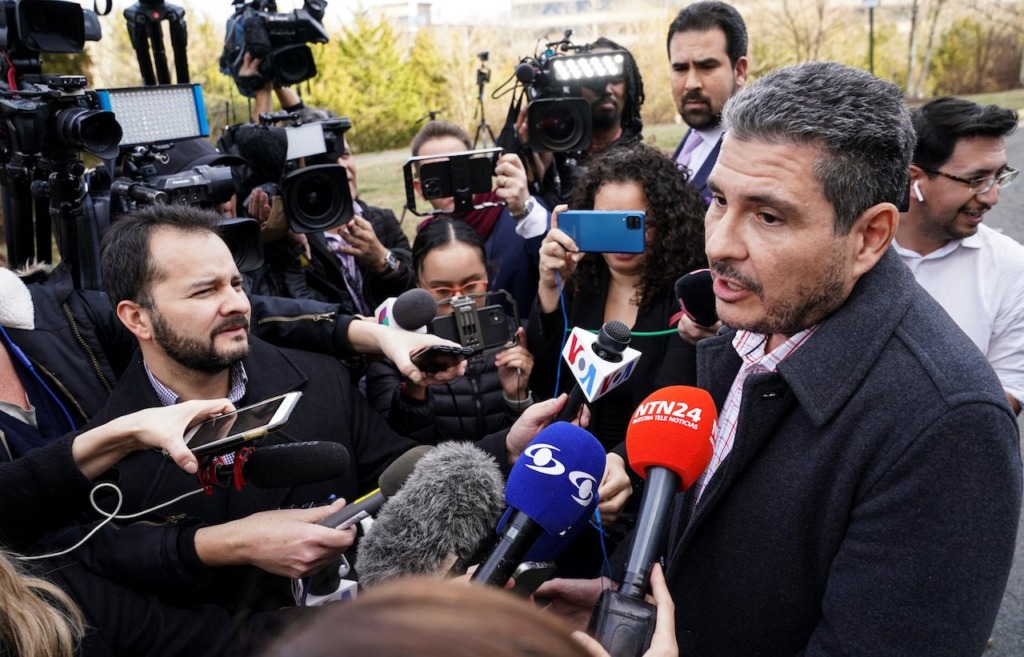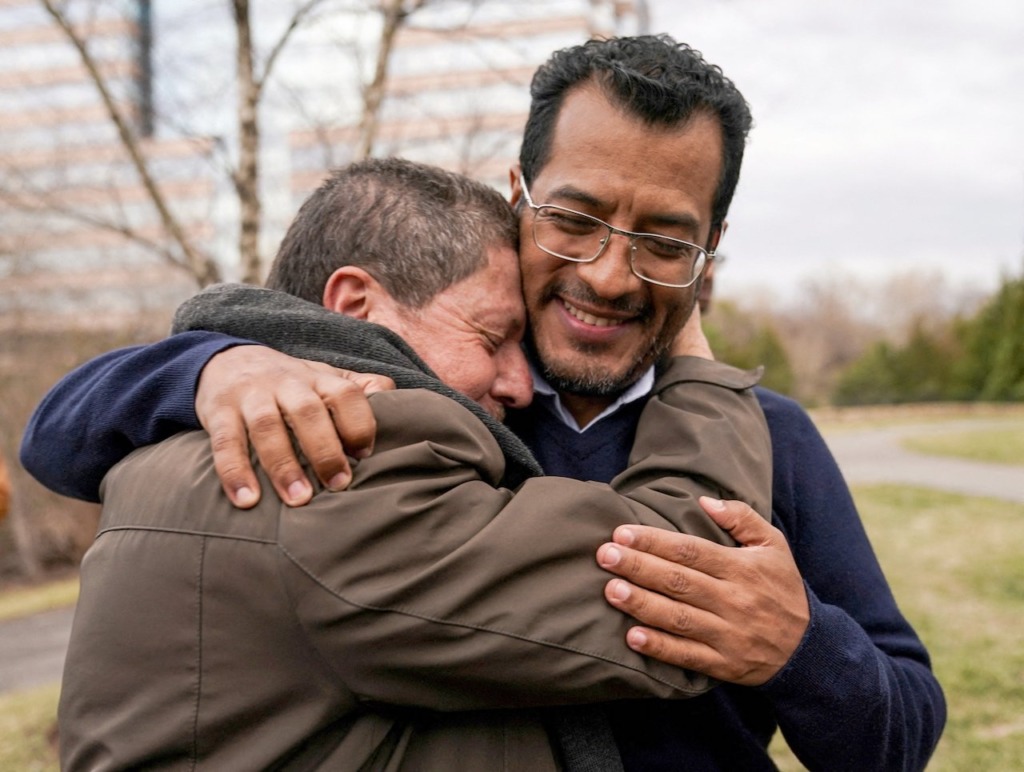Amid the “dark hour” besetting Nicaragua – with the imprisonment of a bishop, the expulsion of over 200 political prisoners and ongoing human rights violations – Nicaraguans’ “courageous hope, charity and solidarity are bearing witness” to their enduring faith, said the president of the U.S. Conference of Catholic Bishops.
Archbishop Timothy P. Broglio, who heads the Archdiocese for the Military Services, USA, issued a statement Feb. 21 in response to several recent developments in Nicaragua, including the deportation of 222 political prisoners to the United States Feb. 9 by President Daniel Ortega’s regime.
The deported group included five priests, a deacon, two seminarians and two media professionals employed by the Diocese of Matagalpa. Ortega stripped them all of their citizenship to permanently bar their return.

The Catholic Church at the Second Vatican Council condemned “deportation” in its 1965 pastoral constitution, “Gaudium et Spes,” listing it as one of the “infamies” that are “supreme dishonor to the Creator” and do even more violence to the societies that practice them than those who experience the injustice – a teaching St. John Paul II reinforced in both his 1993 encyclical “Veritas Splendor” and 1995 encyclical “Evangelium Vitae.”
Bishop Rolando Álvarez of Matagalpa, who was arrested in August by the Ortega regime and put under house arrest, was on the list to leave with the group, but he refused. On Feb. 10, he was convicted and sentenced by a Nicaraguan court to 26 years in prison. He also was stripped of his Nicaraguan citizenship.

Archbishop Broglio called on the U.S. government and other partners “to continue to pursue the release of Bishop Álvarez and the restoration of human rights in Nicaragua.”
The archbishop said he was “proud and grateful that the Catholic community of the United States – from dioceses and local Catholic Charities agencies to Catholic Charities USA and the USCCB – was among those that mobilized quickly to welcome the Nicaraguan exiles as they were stripped of their citizenship before boarding the plane.”
“How can any regime deny citizenship to its citizens?” he asked.
The archbishop noted the exiles “are being assisted by U.S. government authorities and partners.”
The Archdiocese of Miami and the Diocese of Charlotte, North Carolina, have both welcomed priests in the group of exiles to their respective dioceses. Miami also welcomed the seminarians. Auxiliary Bishop Silvio José Baez of Managua has been living in exile in Miami for some time.
“I join our Holy Father, Pope Francis, in his exhortation to those responsible in Nicaragua, that ‘through an open and sincere dialogue, the basis for a respectful and peaceful coexistence might still be found,’” Archbishop Broglio said.
Regarding Bishop Álvarez, Archbishop Broglio said his sentencing “marks yet another escalated human rights violation in the ongoing ordeal the Catholic Church faces in Nicaragua.”
The 26-year sentence given to Bishop Álvarez was the harshest for an Ortega opponent since the Nicaraguan leader unleashed a crackdown on critics of his increasingly tyrannical regime, according to The Wall Street Journal.
“As has been stated before, since 2018 the Nicaraguan regime and its allies have been implementing a policy of severe aggression against the Catholic Church in Nicaragua – including calculated profanations of the Blessed Sacrament as a means of terrorizing the Nicaraguan faithful,” Archbishop Broglio said.
After a secret trial in which he was denied a lawyer of his choosing, Bishop Álvarez was convicted by a court on charges of conspiracy to undermine national integrity and spreading false information.
Ortega disparaged Bishop Álvarez the previous day as “deranged” and accused him of being “someone who considers himself leader of the church in Nicaragua, the church in Latin America.”

